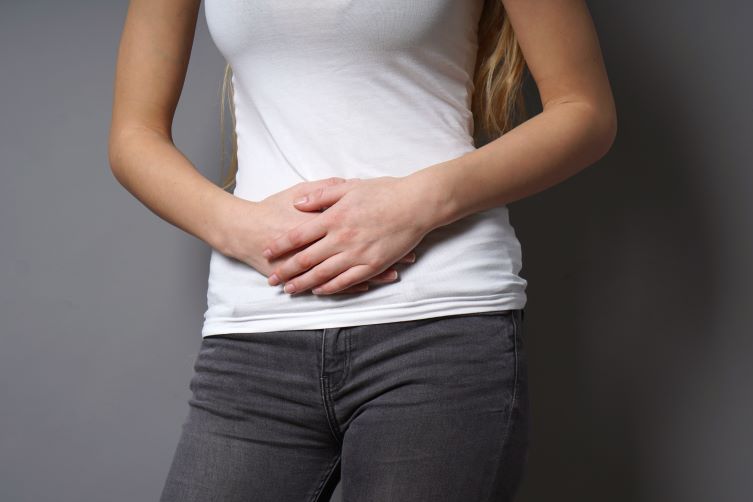When Should You Be Concerned About Heavy Periods?
Let’s be frank—heavy periods ruin the quality of your life.
It’s more than an inconvenience. It’s a monthly reminder that makes it difficult to complete day-to-day activities. In fact, it’s one of the most common conditions we treat.
But when should you be concerned?
What is considered a heavy period?
How much blood is too much?
You should be on the watch for the following symptoms:
- Becoming pale, dizzy or weak. If this happens, you should contact us immediately. This may be a sign of anemia.
- Passing blood clots that are bigger than a quarter.
- Having to change pads or tampons during the night.
- Bleeding through your clothes on a regular basis.
- Being unable to participate in daily activities such as work, school or sports.
Nationwide, more than 10 million women have menorrhagia—the medical term for heavy bleeding during your cycle.
What Is Considered a Heavy Period?
In some cases, you may have a sudden heavy period that comes unexpectedly. Most women will occasionally have heavy bleeding. It’s not unusual to have changes in your flow.
However, your period is a heavy period if it lasts for more than seven days or you need to change your pad or tampon after two hours. Some women actually have to “double-up” on pads. If this happens to you, please contact our office for an appointment.
What Causes Sudden, Heavy Periods?
There are several things that can cause menorrhagia. We’ll look at a few of them.
Problems With Your Uterus
- Uterine fibroids or polyps. Fibroids are benign (non-cancerous) growths. Polyps are small growths that can attach to the interior lining of the uterus.
- Certain types of cancers.
- Intrauterine Device (IUD).
- An ectopic pregnancy, which occurs when the baby grows outside the uterus.
- Hormone-related disorders.
Your period is actually a complicated process! The hormones estrogen and progesterone are in charge of building up the endometrium, which is the lining of the uterus. This is what you shed when you are bleeding.
An imbalance in these hormones means there is “too much” endometrium. When it sheds away, the result is bleeding that is heavier than normal.
Other, Non-gynecological Disorders
This can include diseases of the kidneys, thyroid or liver, or even cancer. Other illnesses include bleeding-related problems like platelet function disorder. Platelets are blood cells that help you form clots when you have been injured or cut.
Preparing for Your Appointment
Chronically heavy periods are not normal. Don’t let them hamper your lifestyle. We want to help you and ensure that you have the healthiest life possible.
Not sure where to begin? Don’t worry. We’ll ask you some brief questions to get an overall picture of your gynecological health history.
These questions might include:
- When did you get your first period?
- How long does your period typically last?
- Do you have regular periods?
- Do you consider your flow to be heavy?
- What medications are you taking?
- Are you taking any herbal supplements?
It would also help us if you kept a record of the dates of your periods, how long they lasted, and an estimate of how many tampons or pads you used a day.
How Do You Treat Heavy Periods?
Of course, the treatment depends upon the cause. We may have to run several tests to help us determine the source of the problem. For example, we may give you a Pap smear to see if cervical cancer is causing the problem.
Other tests include:
- Endometrial biopsy. This is where we take small tissue samples from the lining of your uterus.
- Ultrasound. This test uses sound waves to give us a picture of what your uterus looks like.
- Hysteroscopy During this procedure, we use a tiny, thin tube to see the inside of your uterus. It can help us determine if you have fibroids, polyps or other issues.
Treatments may include medication or, in some cases, surgery.
How to Deal with Heavy Periods
If you have a sudden heavy period or if you’re having difficulty dealing with heavy periods, we want to help you. We are women providing health care for women, and we’ve cared for women in the Raleigh and Triangle area for decades.
We’re always here for you and we promise to take time to answer all your questions. We’re not just concerned with your reproductive health—we’re interested in your overall wellness.
Schedule an appointment with us today!





